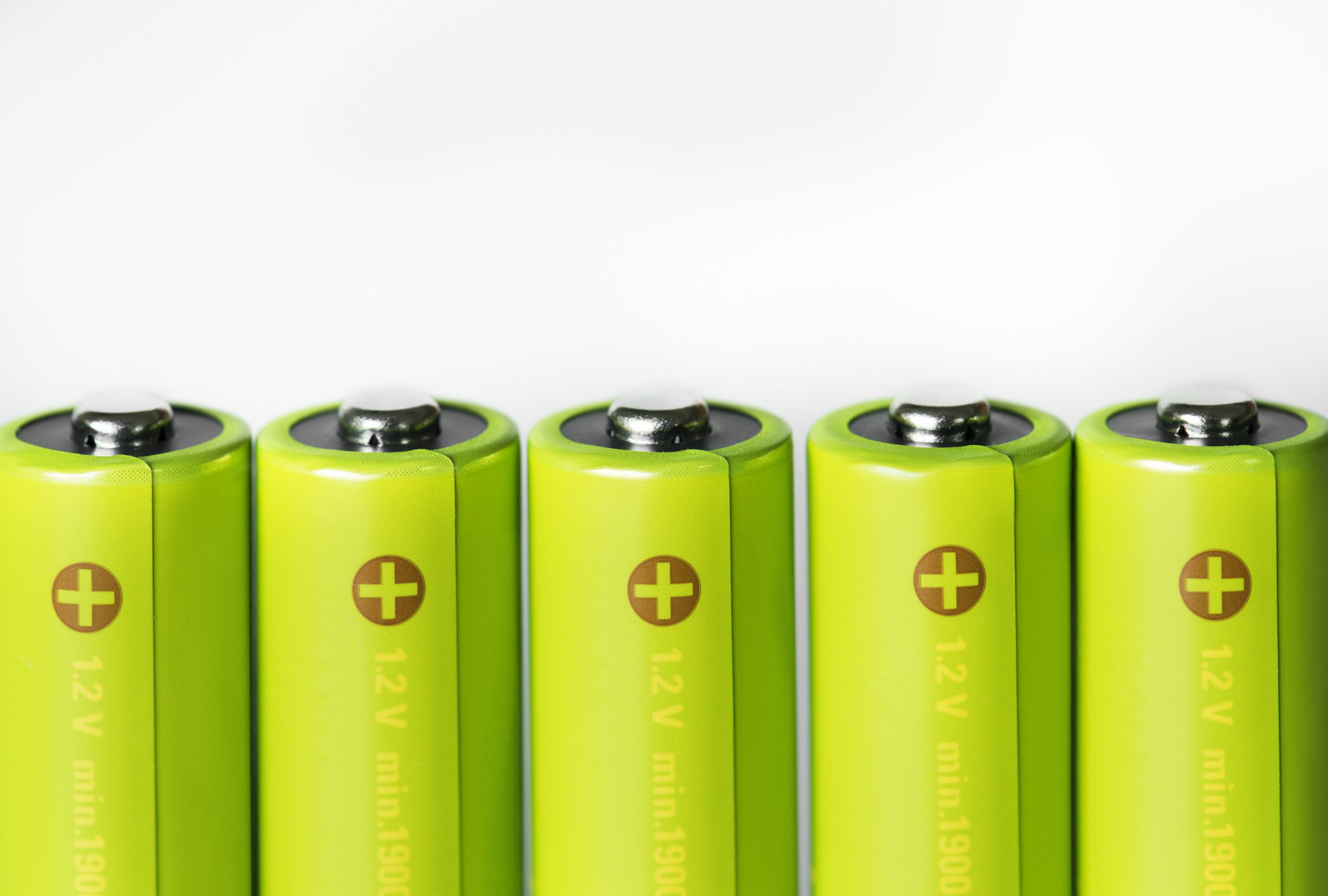Lithium-ion batteries are used in everything from smartphones to battery packs for industrial devices. The reason for their popularity lies in their ability to store a lot of energy in a small space. However, not all Li-ion batteries are the same. The chemistry inside the cells can significantly impact their performance, safety, and design. Understanding cell chemistry is crucial when designing a custom Li-ion battery pack.
Why Cell Chemistry Matters in Li-ion Battery Design
The type of cell chemistry used in a battery pack can affect many aspects of its performance. This includes energy density, safety, lifespan, and cost. For example, batteries with different chemistries can vary in how much energy they can store, how fast they can charge, and how stable they are at different temperatures. Therefore, choosing the right chemistry is one of the first steps in creating an effective battery pack.
-
Common Types of Li-ion Cell Chemistries
There are several types of Li-ion chemistries, each with its own strengths and weaknesses. The most common ones are Lithium Cobalt Oxide (LCO), Lithium Iron Phosphate (LFP), and Nickel Manganese Cobalt (NMC). Here’s a closer look at each:
- Lithium Cobalt Oxide (LCO): LCO batteries have high energy density, which makes them suitable for portable electronics. However, they have a shorter lifespan and are more prone to overheating.
- Lithium Iron Phosphate (LFP): LFP batteries are known for their stability and safety. They have a longer lifespan and can handle high temperatures well, making them ideal for battery packs for industrial devices.
- Nickel Manganese Cobalt (NMC): NMC batteries offer a good balance of energy density, lifespan, and cost. They are commonly used in electric vehicles and other high-drain applications.
Each of these chemistries has its own set of characteristics, which influences how a custom Li-ion battery pack should be designed.
-
Energy Density: A Key Factor in Custom Battery Design
Energy density refers to how much energy a battery can store in a given size or weight. It is a critical factor when designing custom Li-ion battery packs for portable devices. High energy density means that a battery can last longer or perform better without increasing in size.
LCO batteries have high energy density, but they can overheat if not handled carefully. This makes them suitable for devices where space is limited but where heat management can be controlled. On the other hand, LFP batteries have lower energy density but are much safer, making them a better choice for larger, stationary applications where safety is more important than size.
-
Safety Considerations for Different Cell Chemistries
Safety is a major concern when working with Li-ion batteries, especially in industrial applications. Some chemistries are more stable than others, which affects the design of battery packs for industrial devices.
LFP batteries are one of the safest chemistries available. They have a lower risk of overheating or catching fire, even under stressful conditions. This makes them a preferred choice for industrial applications, where safety is critical. In contrast, NMC and LCO batteries need more robust safety systems to monitor temperature and prevent overcharging.
When designing a custom Li-ion battery pack, choosing a chemistry with better safety features can reduce the need for complex monitoring systems, making the pack easier and cheaper to build.
-
Temperature Management in Custom Li-ion Battery Packs
Temperature affects battery performance significantly. Some chemistries can handle high temperatures better than others. LFP batteries are excellent in this regard. They can operate at higher temperatures without losing efficiency or risking safety. This makes them ideal for industrial use where conditions can be harsh.
In contrast, NMC batteries require good cooling systems to maintain performance. Effective temperature management is essential to avoid thermal runaway, a dangerous condition where the battery overheats and can lead to fire or explosion.
-
Lifespan and Cost Considerations
The lifespan of a battery depends on how many charge cycles it can handle before its performance degrades. LFP batteries usually have a longer lifespan, which means they can be charged and discharged many times without losing capacity. This makes them cost-effective in the long run for industrial applications.
NMC batteries, while slightly more expensive, offer a good balance between energy density, lifespan, and cost, making them a flexible choice for various applications, including electric vehicles and high-capacity energy storage.
Cost is another important factor. High-performance chemistries like LCO might be more expensive due to their materials, but the price may be worth it for applications where energy density is crucial. On the other hand, LFP batteries may be more affordable and offer better safety, making them suitable for battery packs for industrial devices.
Conclusion
The chemistry of the cells used in a custom Li-ion battery pack plays a crucial role in determining its performance, safety, and cost. Whether it's for portable electronics, electric vehicles, or battery packs for industrial devices, choosing the right cell chemistry can make a significant difference. Understanding these differences helps in designing better and more efficient batteries tailored to specific needs.
If you are looking to develop a reliable and safe custom Li-ion battery pack, Emerging Power provides comprehensive solutions that cater to various industries. Our expertise in battery technology ensures that we can design and supply the best battery solutions for your specific needs.

